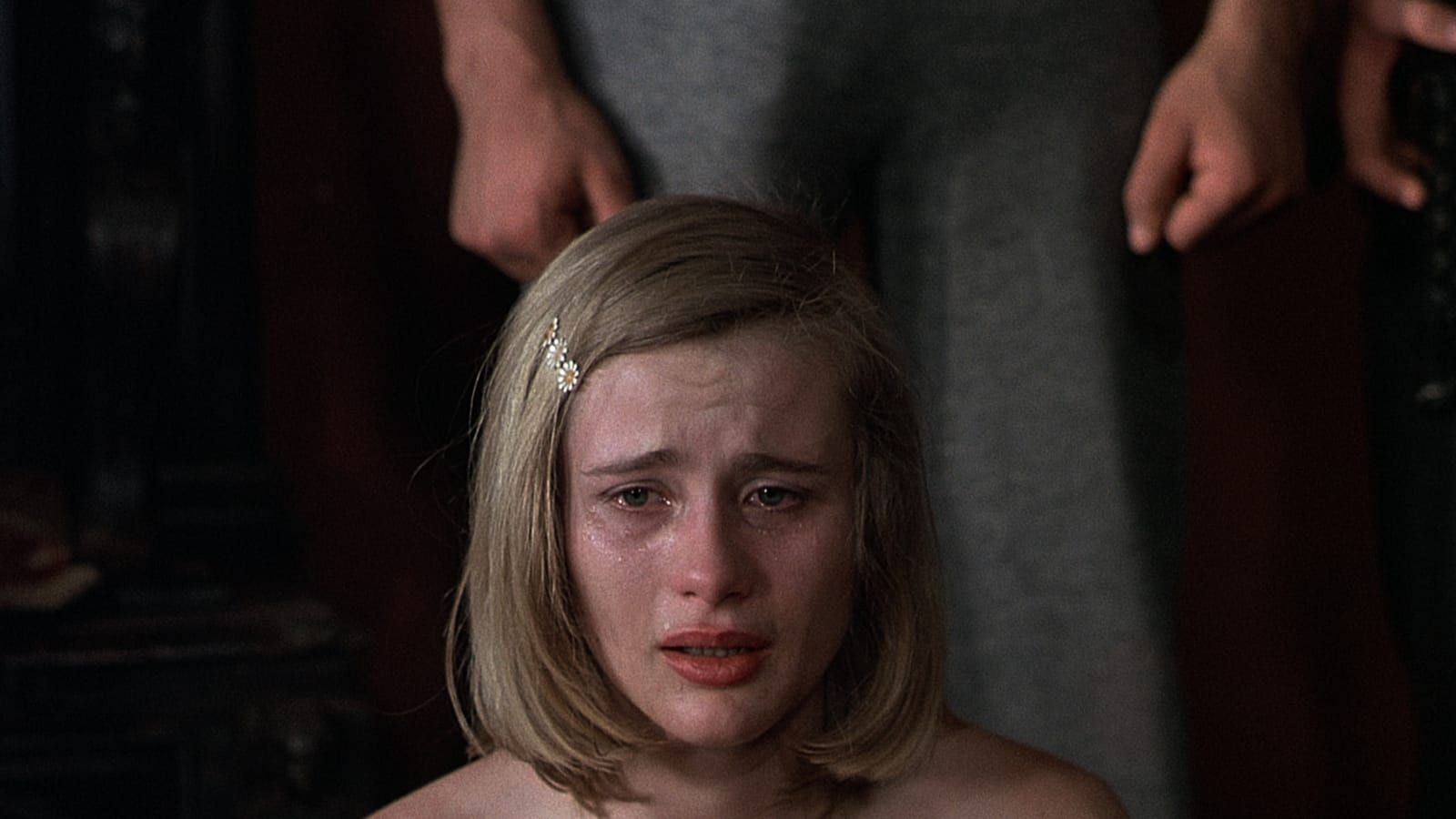Salò, or the 120 Days of Sodom
Among world cinema’s most infamous works, Pier Paolo Pasolini’s final film transposes the Marquis de Sade’s seminal 1785 novel about the depravity and perversity of the French ruling class to Italy in 1944, one year before Mussolini’s death and the end of World War II. Divided into four sections (drawing inspiration from The Divine Comedy), Salò chronicles four wealthy brutes—referred to only as the Duke, the Magistrate, the Bishop, and the President—as they abduct a group of prostitutes, teenage boys, and their own daughters for a bacchanal that rapidly becomes a shocking and grotesque experiment with the limits of human cruelty (and pleasure). An indelible, mind-razing work on fascism, violence, and desire, Salò endures as one of film history’s most masterful shots across the bow. According to Daney, Salò was “a film devastating in its innocence, its persistence in not saying anything that can’t be shown right away—no matter how awful,” in which Pasolini demonstrated his idea that the unbridgeable difference between masters and slaves, the dominant and the dominated, the bourgeoisie and the people, lay in their respective relationships to desire.











